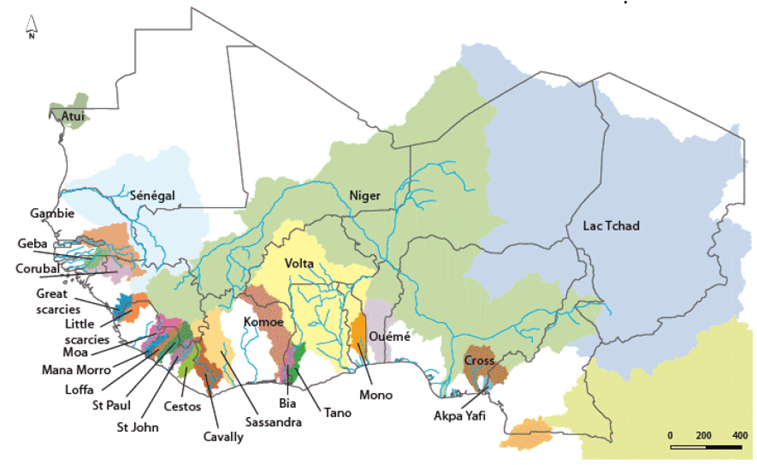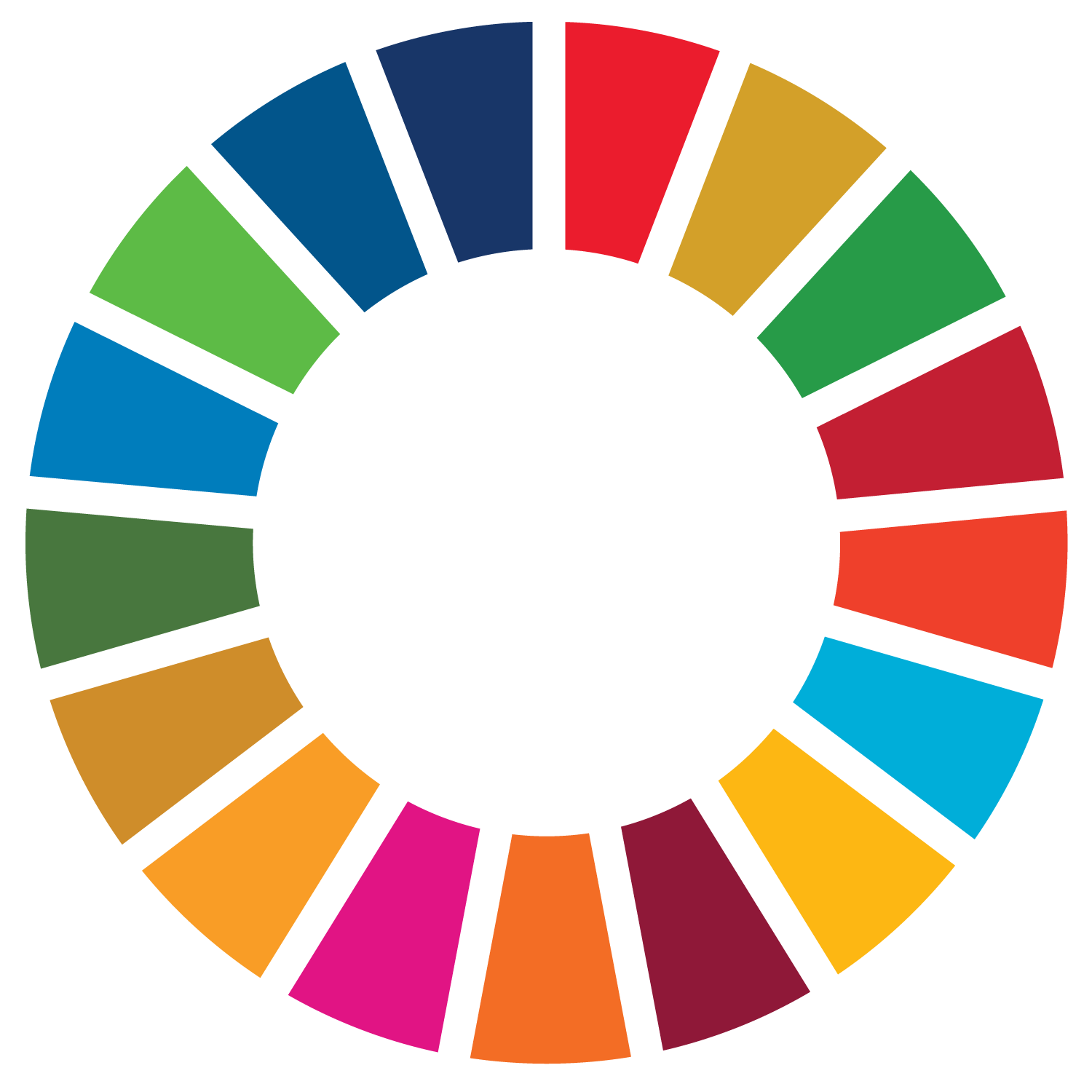© Getty Images
New Regional Report: Best Practices for Water Security and Resilient Development for West Africa
- November 26, 2025
The West Africa Economic and Monetary Union (WAEMU) region has been actively working towards improving water security and resilient development through Integrated Water Resources Management (IWRM). This effort is driven by the WAEMU Commission, in collaboration with various international partners, including the Global Water Partnership – West Africa (GWP-WA), Pôle Eau Dakar (PED), the Netherlands Embassy in Burkina Faso, the Secretariat of the Water Convention, and the UNEP-DHI Centre on Water and Environment. The process aims to drive the large-scale implementation of IWRM at local, national, transboundary, and regional levels in the WAEMU region.
The regional report ‘Best Practices Manual for IWRM in the West Africa Economic and Monetary Union’ presents an overview of the issues related to water resources and the progress made in implementing IWRM (Chapter 1); a collection of ‘best practice’ case studies, with 25 at national and sub-national levels (Chapter 2), and 8 at transboundary levels (Chapter 3). Each case study presents the issues, activities, results, and lessons learned. The case studies are available only in French.
Key Challenges
The region faces major water management challenges from socio-demographic shifts, climate variability, and rising vulnerabilities. Significant progress includes new laws, policies, and action plans for IWRM, stronger basin organizations, and stakeholder initiatives from local to transboundary levels. Yet implementation remains uneven -averaging 52% in 2023 versus the global 57%.

Transboundary Waterways of West Africa
Source: ESRI, Global GIS, WHY MAP; Réalisation: M. Naisse, C.Mbow (2006)
© Club du Sahel et de l’Afrique de l’Ouest/OCDE 2006
Key Takeaways:
- Strong political will, stakeholder involvement, and the establishment of internal funding mechanisms, in addition to support from external partners are all crucial to successful IWRM implementation
- Deploying pilot initiatives within broader governance processes or on a larger scale is important to learn from experience and mobilize stakeholders by demonstrating tangible achievements.
This manual highlights successful initiatives like Benin’s Delta Plan for climate resilience and innovative financing such as the ‘user pays’ principle. By showcasing best practices, it offers practical insights to guide IWRM implementation and advance sustainable development and climate resilience across the region.
Role of UNEP-DHI:
The United Nations Environment Programme (UNEP) is the custodian agency of SDG indicator 6.5.1, with UNEP-DHI responsible for supporting countries to monitor and report, including through the SDG 6 IWRM Support Programme. As a part of UNEP-DHI’s focus on supporting IWRM implementation globally, the Centre assisted in the creation and publication of this handbook. Find the full WAEMU handbook (in French) and executive summary (found in both French and English) below:
UNEP DHI Partnership – Centre on Water and Environment
Agern Allé 5, 2970 Denmark
Tel: +45 45169200
